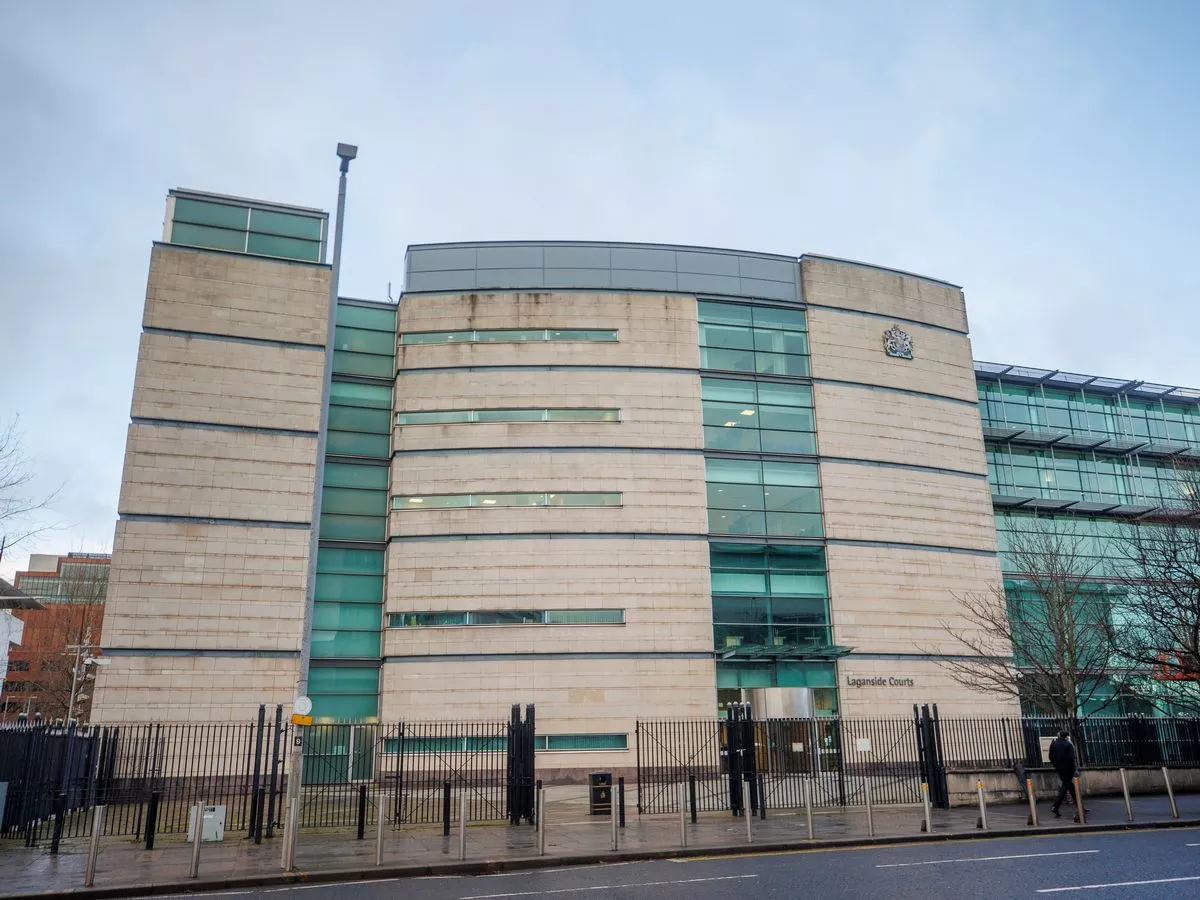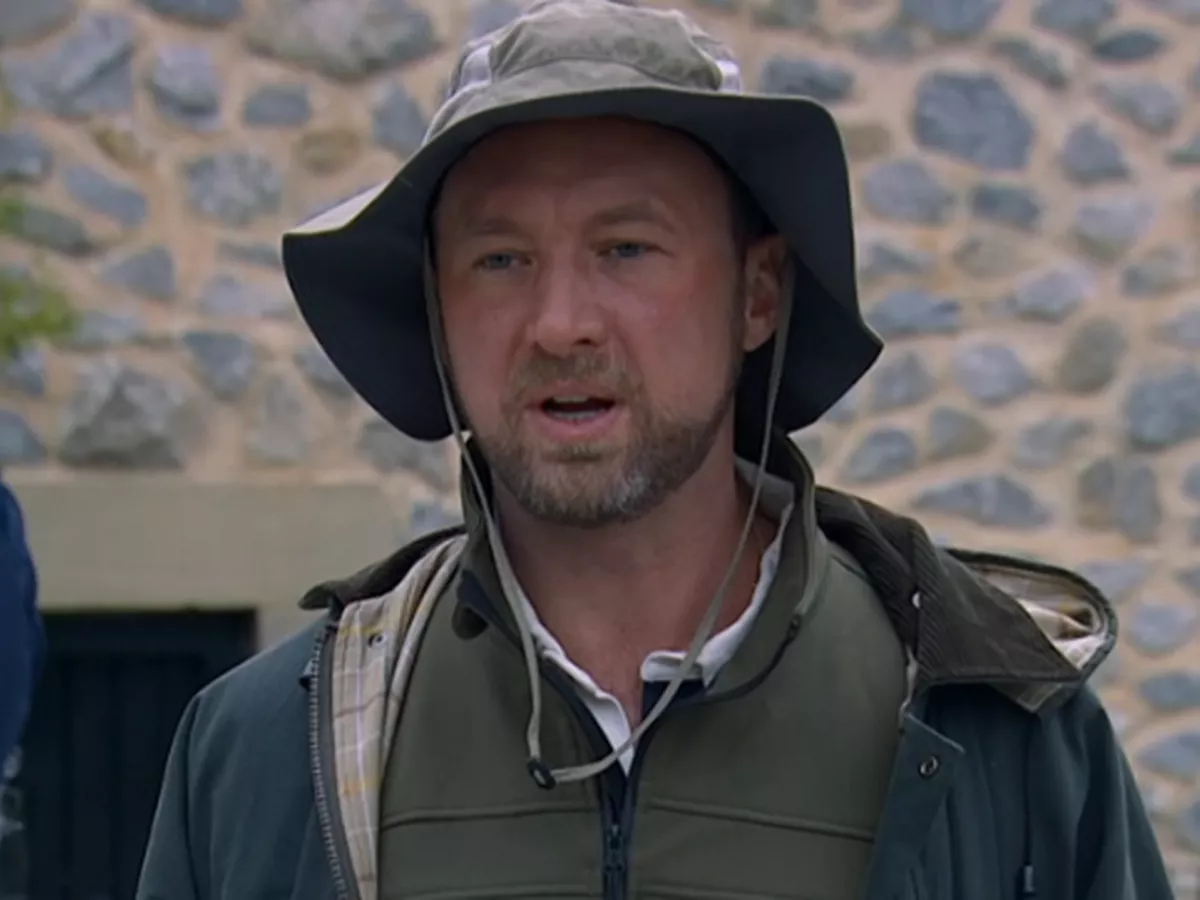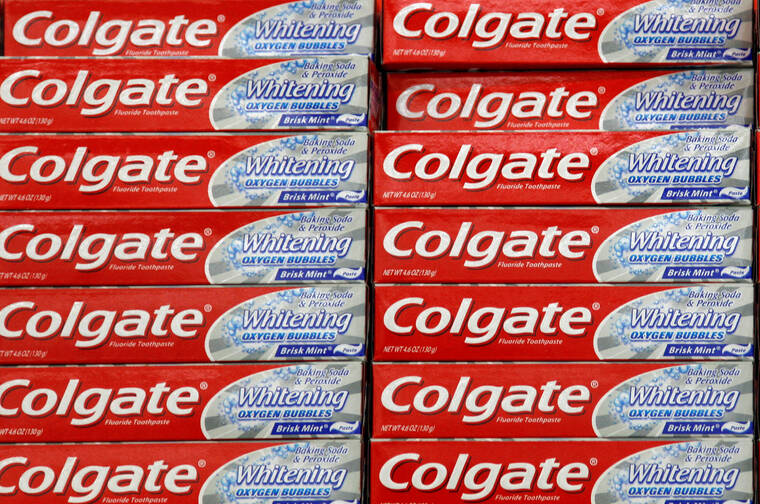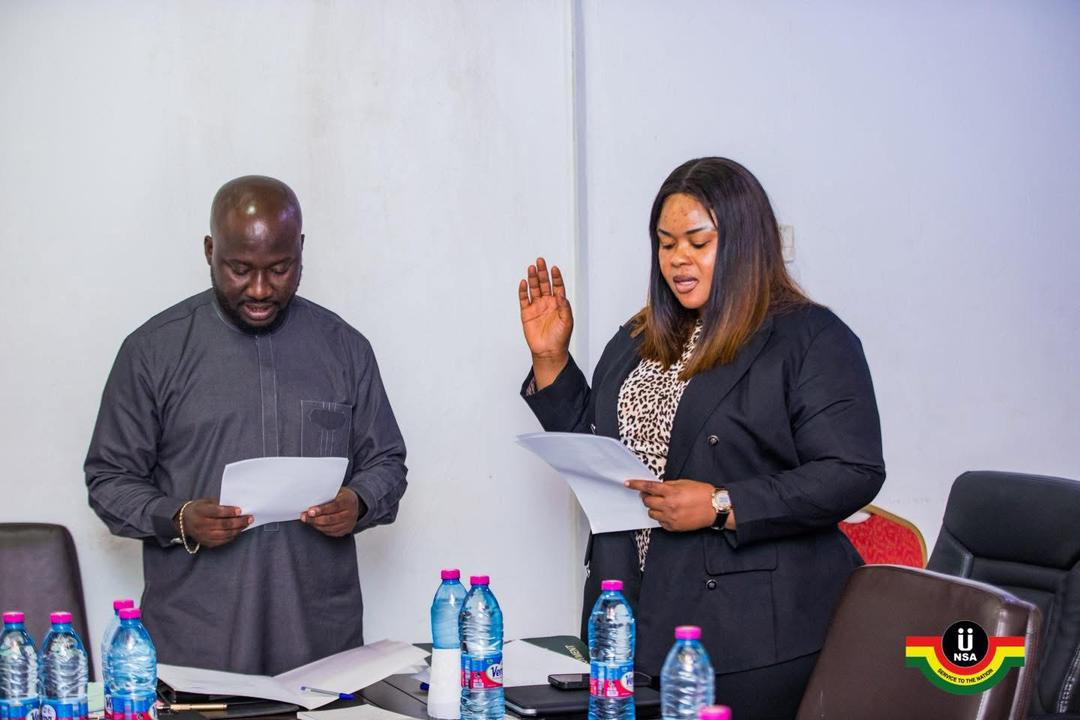By Hughie Beag
Copyright sluggerotoole
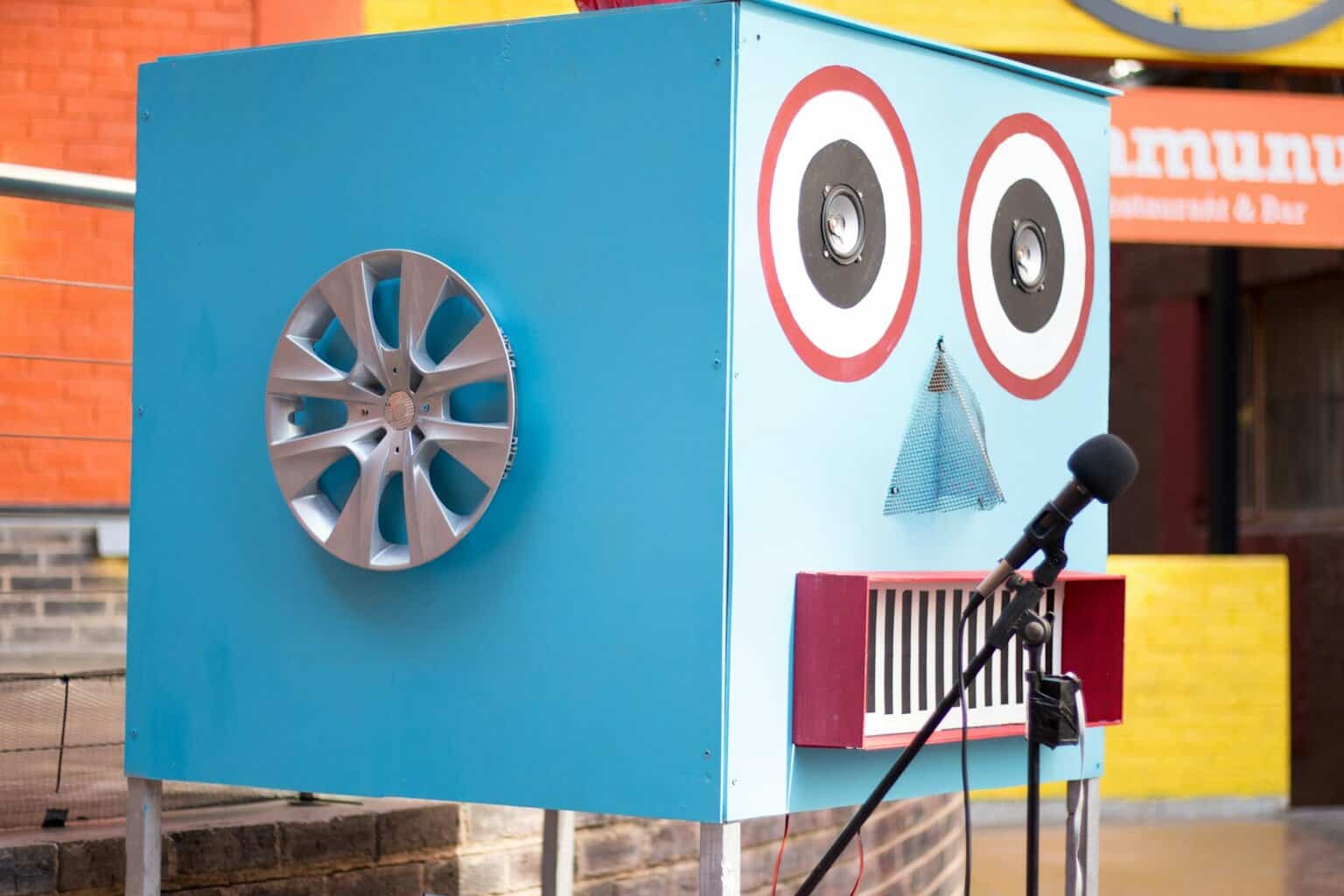
As I write this, tens of thousands of people are marching through London demanding ‘free speech’. The ‘Unite the Kingdom’ march is centred on arguments that public dissent, particularly public dissent about immigration, national identity, and government policy, is being suppressed. Tommy Robinson and his supporters repeatedly claim that freedom of expression is being eroded and are using the rally as a platform to protest against what they see as censorship by mainstream media and ‘political elites’
Of course, critics of the march claim:
‘Free speech’ often serves as a veneer for nationalist, xenophobic, or anti-immigration sentiment. They argue that the march is less about defending civil liberties and more about giving legitimacy to divisive, exclusionary rhetoric
Even if someone claims their speech is being suppressed, that doesn’t mean their ideas are without consequence. Critics say Robinson has faced legal and social consequences in the past (e.g. for contempt of court or defamation), which raises questions about what kind of speech is being defended
Some counter-protesters and media observers claim that some of the slogans/chants, flag displays, or messages carried by participants can cross the line into hate speech, incitement, or discrimination. They argue that defending free speech must come with responsibility, i.e. it shouldn’t be a licence for spreading hate or sowing division.
There is also criticism that some of the claims made, such as the claim that the march is the ‘largest free speech protest ever’ or that ‘migrants have more rights in court than the British public’ are exaggerated or misleading. Critics say such statements distort public perceptions and amplify grievances in ways that don’t align with factual evidence
But what exactly is ‘free speech’ and what kind of free speech are the protestors demanding?
In absence of any detailed explanation or analysis of what they’re protesting for as opposed to against my guess is that they’re referring to ‘free speech’ in absolutist terms which, to my knowledge, doesn’t exist anywhere on earth. In the great bastion of free speech freedom, the USA, some speech not protected under the First Amendment is:
Incitement to imminent lawless action (urging a riot, terrorism, etc.).
True threats (credible threats of violence).
Obscenity (as defined by the Miller test). Child pornography.
Defamation (libel and slander). Fraud (lies for financial or personal gain).
Perjury (lying under oath).
Fighting words (face-to-face insults likely to provoke immediate violence).
False/misleading commercial speech (e.g., false advertising). Speech integral to criminal conduct (e.g., hiring a hitman, conspiracy)
(As per ChatGPT)
And that’s before we even start on this:
Whereas here in Europe the principle legislation protecting our speech is the European Convention on Human Rights and the UK Human Rights Act (1998). While both give rights to hold your own opinions and express them freely without Government interference, including the right to express your views aloud through public means, protest, demonstration, published articles, books or leaflets, television or radio, broadcasting, works of art, the internet and social media and also protects your freedom to receive information from other people it also stresses that this right is a qualified right and can be restricted if
[….] in a democratic society for reasons such as national security, public safety, the prevention of disorder or crime, public health, or protecting the rights and reputations of others. These restrictions must be prescribed by law, respond to a pressing social need, and be proportionate to the legitimate aim being pursued
My own suspicion is that many of those marching in London don’t want any restrictions whatsoever on speech because they want the freedom of speech to use offensive language like n*gger and P*aki to dehumanise people. They want the freedom to say that all Pakistani men are child rapists and that all Muslims are radical Jihadists without being held to account for it, they want the freedom for their hero to stand outside courts and say whatever he likes on social media and they want freedom, like this, to incite:
If I’m incorrect in my assumptions I’m sure one of them will tell me the kind of ‘free speech’ they do want.
